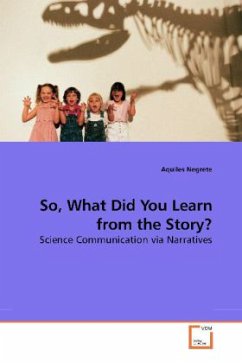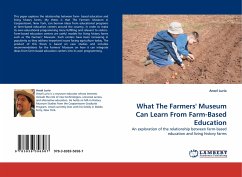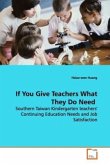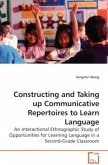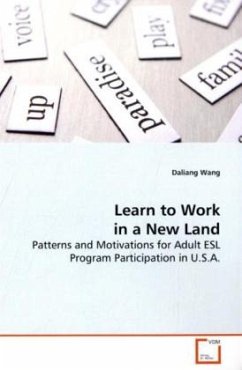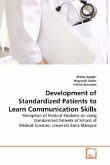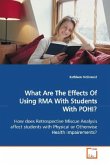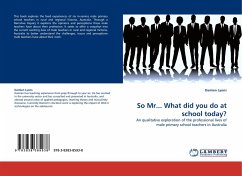This book proposes that narratives represent an alternative means of communicating scientific ideas to a general audience. It asserts that narratives should be regarded as an important means to convey information in all areas of science education and communication. The book explores the potential of fictional narratives in communicating scientific knowledge. It compares with traditional factual texts the extent to which such narratives can be remembered, understood, and learnt. The book contains a literature review as well as the results of experimental research performed by the author. The literature review consists of four main areas: science communication, memory and learning, narratives and science education. The experimental section proposes a method (the RIRC method), to measure the amount of knowledge remembered and learnt by individuals who have been exposed to scientific information in narrative format. The experimental results strongly suggest that narratives represent an accurate way of communicating knowledge, that they are an effective emotional trigger, a lasting memory structure and an enjoyable medium for learning.

